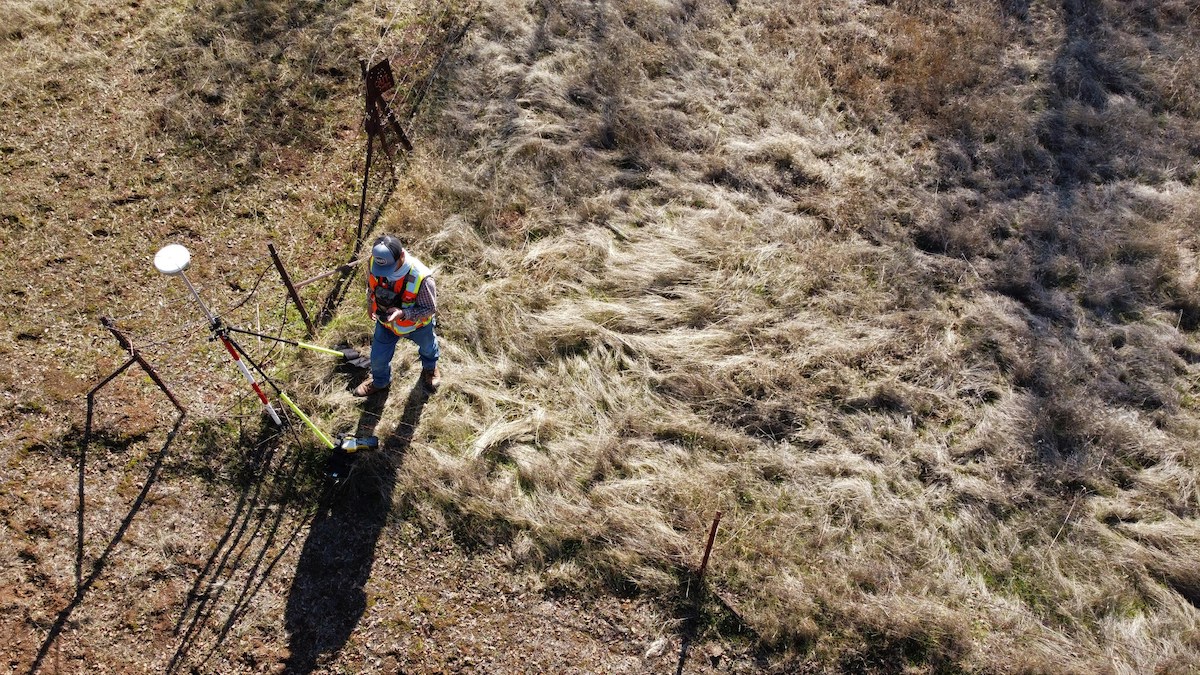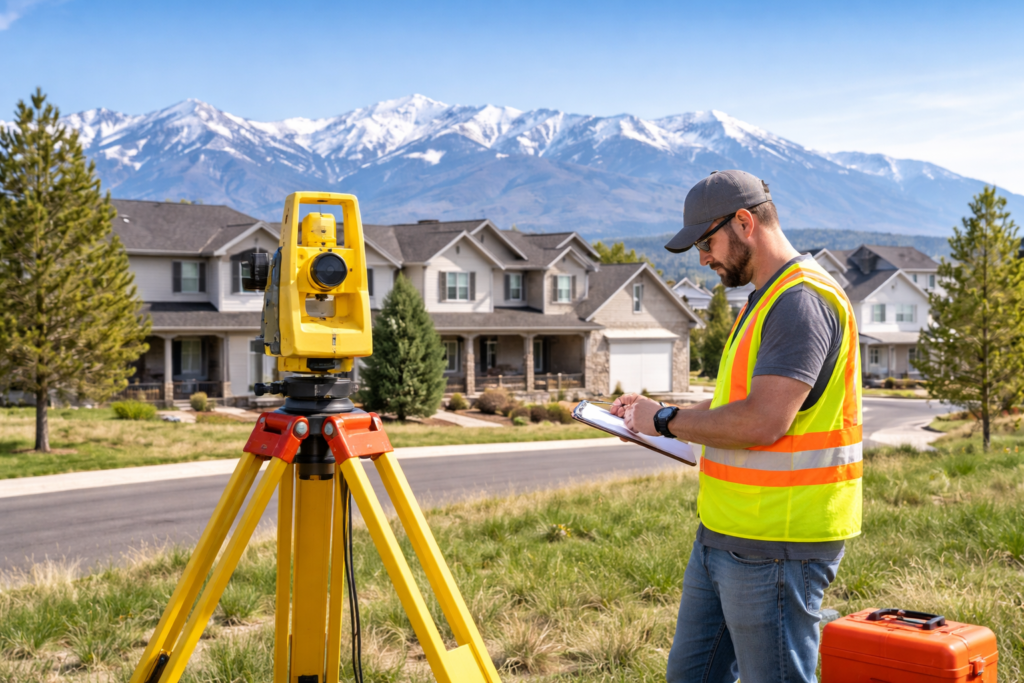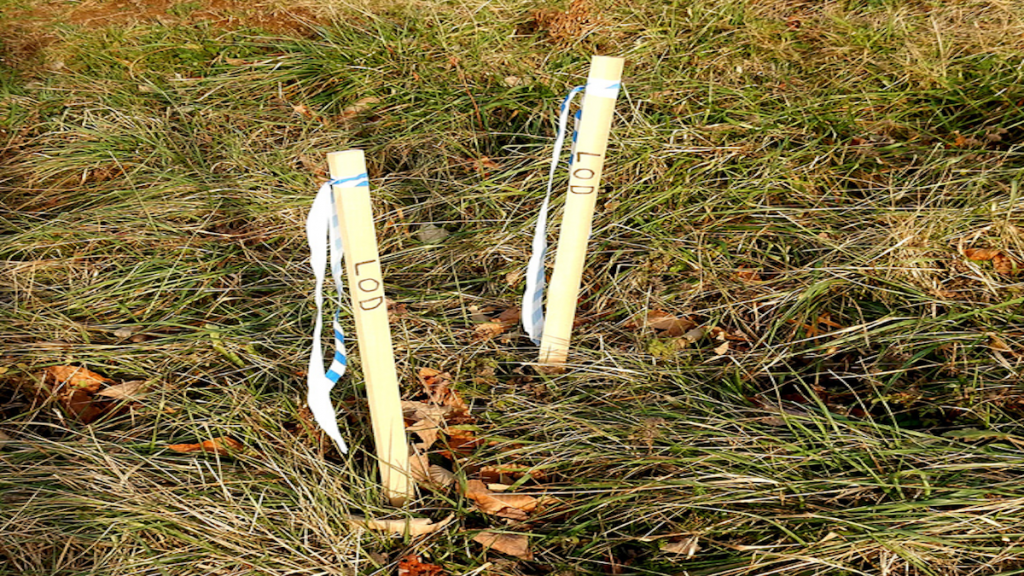Land surveying is a crucial profession that underpins construction, real estate development, and environmental management. Yet, many ponder the difficulty of this technical field. This article dives deep into the complexities of land surveying, exploring the challenges faced by professionals and the rigorous skills required, particularly in places like Salt Lake City, Utah. For those considering a career in this dynamic field or seeking to understand its demands, this piece provides valuable insights.
Understanding the Complexity of Land Surveying
Technical Skills and Knowledge Required
Land surveying is a technically demanding profession that requires a diverse set of skills:
- Mathematical Proficiency: Surveyors frequently engage in complex calculations to determine distances, elevations, and angles, requiring a strong foundation in mathematics and geometry.
- Technological Expertise: The field increasingly relies on advanced technologies such as Geographic Information Systems (GIS), Global Positioning Systems (GPS), and aerial drones, necessitating a continual learning curve for professionals to stay current with new tools.
Physical and Environmental Challenges
- Field Work Rigors: A significant amount of a surveyor’s work is conducted outdoors, often requiring navigation through challenging terrains and enduring all types of weather conditions.
- Precision under Pressure: The need for extreme accuracy in measurements, often under tight deadlines, adds a layer of stress and demands high concentration and meticulousness.
The Steep Learning Curve
Educational and Certification Requirements
The path to becoming a proficient land surveyor involves comprehensive education and practical training:
- Formal Education: Most surveyors undertake specialized courses ranging from certificates to advanced degrees, covering various surveying principles, legal aspects, and hands-on technology use.
- Licensure: In many regions, including Utah, becoming a licensed professional surveyor requires passing rigorous exams and accumulating sufficient field experience. The National Council of Examiners for Engineering and Surveying provides detailed information on licensure requirements.
For a detailed look into land surveying education, refer to our previous article on land surveying courses.
The Rewards of a Career in Land Surveying
Despite its challenges, land surveying is a highly rewarding career:
- Professional Satisfaction: Surveyors make significant contributions to society by ensuring accurate land assessments, which are critical for urban planning, construction projects, and environmental conservation.
- Diverse Career Opportunities: The field offers a variety of roles in both the public and private sectors, providing room for career advancement and specialization in areas like hydrographic surveying or forensic surveying.
Best Practices for Aspiring Surveyors
Success Strategies
- Continuous Learning: Embracing lifelong learning to keep up with technological advancements is crucial.
- Networking: Building strong professional networks can offer support, mentorship, and opportunities for career growth.
Conclusion
Land surveying, while challenging, offers immense rewards and opportunities for those willing to tackle its demands. The profession requires a significant investment in education, skill development, and hands-on experience but promises a fulfilling career with the potential to impact numerous facets of society. For those in Salt Lake City and beyond, embarking on this career path with a solid educational foundation, as detailed at Cook Surveying, is key to success.




